Nội chiến Nigeria
| Nội chiến Nigeria | |||||||
|---|---|---|---|---|---|---|---|
| Một phần của Chiến tranh Lạnh và Phi thực dân hóa châu Phi | |||||||
| |||||||
| Tham chiến | |||||||
|
| |||||||
| Chỉ huy và lãnh đạo | |||||||
|
Lính đánh thuê nước ngoài: | |||||||
| Thành phần tham chiến | |||||||
|
|
| ||||||
| Lực lượng | |||||||
| |||||||
| Thương vong và tổn thất | |||||||
|
45.000[3]–100.000[7][8] binh sĩ thiệt mạng 500.000–2.000.000 thường dân Biafra chết đói trong cuộc phong tỏa hải quân Nigeria[9][cần chú thích đầy đủ] 2.000.000–4.500.000 người di tản,[10] trong đó có 500.000 người chạy sang nước khác[11] | |||||||
Nội chiến Nigeria hay Chiến tranh Nigeria–Biafra (tiếng Anh: Nigerian Civil War, Nigerian–Biafran War hay Biafran War) (6 tháng 7 năm 1967 – 15 tháng 1 năm 1970) là cuộc nội chiến giữa Nigeria và Cộng hòa Biafra, một quốc gia ly khai đã tuyên bố độc lập khỏi Nigeria vào năm 1967. Nigeria do Tướng Yakubu Gowon lãnh đạo, trong khi Biafra do Trung tá Chukwuemeka "Emeka" Odumegwu Ojukwu chỉ huy.[12] Biafra đại diện cho khát vọng chủ nghĩa dân tộc của nhóm dân tộc Igbo, mà nhóm lãnh đạo cảm thấy họ không còn có thể cùng tồn tại với chính phủ liên bang, vốn bị chi phối bởi lợi ích của người Hồi giáo Hausa-Fulanis ở Bắc Nigeria.[13] Cuộc xung đột bắt nguồn từ những căng thẳng chính trị, kinh tế, sắc tộc, văn hóa và tôn giáo xảy ra trước khi Vương quốc Anh chính thức phi thực dân hóa Nigeria từ năm 1960 đến năm 1963. Nguyên nhân trực tiếp của cuộc chiến năm 1966 bao gồm một cuộc đảo chính quân sự, một cuộc phản đảo chính và thảm sát người Igbo ở miền Bắc Nigeria.[14] Kiểm soát việc sản xuất nguồn dầu béo bở ở đồng bằng sông Niger cũng là một nguyên nhân chiến lược quan trọng, và là một nguyên nhân khiến Pháp ủng hộ mạnh mẽ Biafra.[15]
Trong vòng một năm, quân đội chính phủ Nigeria đã bao vây Biafra và chiếm được các cơ sở dầu mỏ ven biển và thành phố Port Harcourt. Một cuộc phong tỏa được áp dụng như một chính sách có chủ ý trong thời gian bế tắc, mà sau đó dẫn đến việc dân thường Biafran chết đói hàng loạt.[16] Trong hai năm rưỡi của cuộc chiến, có khoảng 100.000 thương vong quân sự tổng thể, trong khi khoảng 500.000 đến 2 triệu thường dân Biafra chết đói.[17]
Cùng với Chiến tranh Việt Nam đang diễn ra đồng thời, Nội chiến Nigeria là một trong những cuộc chiến đầu tiên trong lịch sử loài người được truyền hình cho khán giả toàn cầu.[18] Vào giữa năm 1968, hình ảnh những đứa trẻ Biafra suy dinh dưỡng và chết đói tràn ngập các phương tiện thông tin đại chúng của các nước phương Tây. Hoàn cảnh của những người Biafra chết đói đã trở thành một nguyên nhân gây chú ý chính ở nước ngoài, tạo điều kiện cho sự gia tăng đáng kể nguồn tài trợ và sự nổi bật của các tổ chức phi chính phủ quốc tế (NGO). Biafra đã nhận được viện trợ nhân đạo quốc tế từ dân thường trong cuộc không vận Biafra, một sự kiện đã truyền cảm hứng cho việc thành lập Bác sĩ không biên giới sau khi chiến tranh kết thúc. Vương quốc Anh và Liên Xô là các nước ủng hộ chính của chính phủ Nigeria, trong khi Pháp, Israel (sau năm 1968) và một số quốc gia khác ủng hộ Biafra.[19] Quan điểm chính thức của Hoa Kỳ là trung lập, coi Nigeria là "trách nhiệm của Anh",[20] nhưng một số người giải thích việc từ chối công nhận Biafra là có lợi cho chính phủ Nigeria.[21][22]
Chiến tranh đã bộc lộ những sai sót trong chủ nghĩa toàn châu Phi ngay từ đầu thời kỳ châu Phi giành độc lập khỏi chủ nghĩa thực dân, thông qua bằng chứng cho thấy các dân tộc châu Phi quá đa dạng để tìm thấy sự thống nhất chung, đồng thời nó cũng bộc lộ những điểm yếu ban đầu của Tổ chức châu Phi Thống nhất.[23] Chiến tranh cũng dẫn đến việc người Igbo bị gạt ra ngoài lề chính trị, vì Nigeria chưa bao giờ có tổng thống người Igbo nào khác kể từ khi chiến tranh kết thúc, khiến một số người Igbo tin rằng họ đang bị trừng phạt bất công vì chiến tranh.[24] Chủ nghĩa dân tộc Igbo đã nổi lên kể từ khi chiến tranh kết thúc, cũng như nhiều nhóm ly khai tân Biafra như Người bản địa Biafra và Phong trào Hiện thực hóa Nhà nước có chủ quyền Biafra.[25]
Ghi chú
[sửa | sửa mã nguồn]Tham khảo
[sửa | sửa mã nguồn]- ^ Nkwocha, 2010: 156
- ^ a b c Karl DeRouen & U. K. Heo (2007). Civil wars of the world: Major conflicts since World War II. Tomo I. Santa Bárbara: ABC CLIO, p. 569. ISBN 978-1-85109-919-1.
- ^ a b c Phillips, Charles, & Alan Axelrod (2005). "Nigerian-Biafran War". Encyclopedia of Wars. Tomo II. New York: Facts On File, Inc., ISBN 978-0-8160-2853-5.
- ^ Onyema Nkwocha (2010). The Republic of Biafra: Once Upon a Time in Nigeria: My Story of the Biafra-Nigerian Civil War – A Struggle for Survival (1967–1970). Bloomington: AuthorHouse, p. 25. ISBN 978-1-4520-6867-1.
- ^ West Africa. Londres: Afrimedia International, 1969, p. 1565. "Malnutrition affects adults less than children, half of whom have now died, reports Debrel, who also describes the reorganisation of the Biafran army after the 1968 defeats, making it a 'political' army of 110,000 men; its automatic weapons, ..."
- ^ Stan Chu Ilo (2006). The Face of Africa: Looking Beyond the Shadows. Bloomington: AuthorHouse, p. 138. ISBN 978-1-4208-9705-0.
- ^ Paul R. Bartrop (2012). A Biographical Encyclopedia of Contemporary Genocide. Santa Bárbara: ABC-CLIO, p. 107. ISBN 978-0-313-38679-4.
- ^ Bridgette Kasuka (2012). Prominent African Leaders Since Independence. Bankole Kamara Taylor, p. 331. ISBN 978-1-4700-4358-2.
- ^ Stevenson 2014, tr. 314: "The mass killing during the Nigeria-Biafra War was the result of a 'deliberately imposed economic blockade on the inhabitants of Nigeria's southeastern region by the country's federal government' that led to an induced 'famine in which over two million people died of starvation and related diseases.'"
- ^ Godfrey Mwakikagile (2001). Ethnic Politics in Kenya and Nigeria. Huntington: Nova Publishers, p. 176. ISBN 978-1-56072-967-9.
- ^ DeRouen & Heo, 2007: 570
- ^ “Nigeria – Independent Nigeria”. Encyclopedia Britannica (bằng tiếng Anh). Truy cập ngày 22 tháng 1 năm 2020.
- ^ Daly, Samuel Fury Childs (2020). “A Nation on Paper: Making a State in the Republic of Biafra”. Comparative Studies in Society and History. 62 (4): 868–894. doi:10.1017/S0010417520000316. S2CID 224852757.
- ^ Plotnicov, Leonard (1971). “An Early Nigerian Civil Disturbance: The 1945 Hausa-Ibo Riot in Jos”. The Journal of Modern African Studies. 9 (2): 297–305. doi:10.1017/S0022278X00024976. ISSN 0022-278X. JSTOR 159448. S2CID 154565379.
- ^ Lỗi chú thích: Thẻ
<ref>sai; không có nội dung trong thẻ ref có tênAnwunah - ^ Campbell, Colin (29 tháng 3 năm 1987). “Starvation Was The Policy”. The New York Times (bằng tiếng Anh). ISSN 0362-4331. Truy cập ngày 17 tháng 4 năm 2021.
- ^ “ICE Case Studies: The Biafran War”. American University: ICE Case Studies. American University. 1997. Bản gốc lưu trữ ngày 14 tháng 2 năm 2017. Truy cập ngày 6 tháng 11 năm 2016.
- ^ Daly, Samuel Fury Childs (2020). A history of the Republic of Biafra : law, crime, and the Nigerian Civil War. Cambridge, United Kingdom. ISBN 9781108887748.
- ^ Chinua, Achebe (2012). There was a country: a personal history of Biafra. pearson.
- ^ Luepke, Anna-Katharina (2018). The 'Other Side' of the Nigeria-Biafra War: A Transnational History (PDF) (PhD). Bangor University. tr. 2. Truy cập ngày 10 tháng 1 năm 2023. tr. 2:
The United States, on the other hand, professed neutrality considering Nigeria, in the words of an American diplomat, as 'a responsibility of Britain'.
- ^ “Foreign Relations of the United States, 1964–1968”. Office of the Historian, US State Department. Truy cập ngày 25 tháng 4 năm 2022.
- ^ Luepke, Anna-Katharina (2018). The 'Other Side' of the Nigeria-Biafra War: A Transnational History (PDF) (PhD). Bangor University. tr. 104. Truy cập ngày 10 tháng 1 năm 2023. tr. 104:
Despite remaining officially neutral and declaring an arms embargo on both sides, the United States leaned more towards federal Nigeria. A report prepared for president Nixon in January 1969 sees U.S. options as limited, arguing that 'our role is important but it alone will not ensure a solution' and 'to the degree that we have leverage, we have it only with the Feds'. The U.S. thus followed a policy described in the report in the following terms: 'support the Feds diplomatically, endorse "One Nigeria" with Ibo protection but refuse to sell arms'.
- ^ Ayittey, George B. N. (tháng 11 năm 2010). “The United States of Africa: A Revisit”. The Annals of the American Academy of Political and Social Science. 632 (1): 86–102. doi:10.1177/0002716210378988. S2CID 145436388.
- ^ Ugwueze, Michael I. (3 tháng 4 năm 2021). “Biafra War Documentaries: Explaining Continual Resurgence of Secessionist Agitations in the South-East, Nigeria”. Civil Wars. 23 (2): 207–233. doi:10.1080/13698249.2021.1903781. S2CID 233593634.
- ^ Onuoha, G. (2014). “The politics of 'hope' and 'despair': Generational dimensions to Igbo nationalism in post-civil war Nigeria”. African Sociological Review / Revue Africaine de Sociologie (bằng tiếng Anh). 18 (1): 2–26. doi:10.4314/asr.v18i1 (không hoạt động 3 July 2023). ISSN 1027-4332.Quản lý CS1: DOI không hoạt động tính đến tháng 7 2023 (liên kết)
Nguồn
[sửa | sửa mã nguồn]- Baxter, Peter (2015). Biafra: The Nigerian Civil War 1967–1970. Helion and Company. ISBN 9781910777473.
- Achebe, Chinua. There Was a Country, Penguin Press, 2012. (ISBN 978-1-59420-482-1)
- Chuku, Gloria. "Women and the Nigeria-Biafra war." in Postcolonial Conflict and the Question of Genocide (Routledge, 2017) pp. 329–359.
- Daly, Samuel Fury Childs. A History of the Republic of Biafra: Law, Crime, and the Nigerian Civil War, (Cambridge University Press, 2020) online review
- Diamond, Larry. Class, Ethnicity and Democracy in Nigeria: The Failure of the First Republic. Basingstoke, UK: Macmillan Press, 1988. ISBN 0-333-39435-6
- Draper, Michael I. Shadows : Airlift and Airwar in Biafra and Nigeria 1967–1970. ISBN 1-902109-63-5
- Dudley, Billy. Instability and Political Order: Politics and Crisis in Nigeria
- Ejibunu, Hassan Tai: Nigeria's Delta Crisis: Root Causes and Peacelessness – EPU Research Papers: Issue 07/07, Stadtschlaining 2007
- Ekwe-Ekwe, Herbert. The Biafra War: Nigeria and the Aftermath. African Studies, Volume 17. Lewiston, NY: Edwin Mellen Press, 1990. ISBN 0-88946-235-6
- Griffin, Christopher (2015). “French military policy in the Nigerian Civil War, 1967–1970”. Small Wars & Insurgencies. 26 (1): 114–135. doi:10.1080/09592318.2014.959766. S2CID 143967690.
- Heerten, Lasse; Moses, A. Dirk (2014). “The Nigeria–Biafra war: postcolonial conflict and the question of genocide”. Journal of Genocide Research. 16 (2–3): 169–203. doi:10.1080/14623528.2014.936700.
- Jowett, Philip S. (2016). Modern African Wars (5). The Nigerian-Biafran War 1967–70. Oxford: Osprey Publishing. ISBN 9781472816092.
- Kirk-Greene, A.H.M. The Genesis of the Nigerian Civil War and the Theory of Fear. Scandinavian Institute of African Studies. Research Report No. 27. Uppsala Offset Centre AB, 1975. ISBN 91-7106-085-5
- Korieh, Chima J. (tháng 12 năm 2013). “Biafra and the discourse on the Igbo Genocide”. Journal of Asian and African Studies (bằng tiếng Anh). 48 (6): 727–740. doi:10.1177/0021909613506455. ISSN 0021-9096. S2CID 145067114.
- Levey, Zach. "Israel, Nigeria and the Biafra civil war, 1967–70". Journal of Genocide Research 2–3, 2014.
- Madiebo, Alexander A. The Nigerian Revolution and the Biafran War. Fourth Dimension Publishers, 1980.
- Njoku, H. M. A Tragedy Without Heroes: The Nigeria—Biafra War. Enugu: Fourth Dimension Publishing Co., Ltd., 1987. ISBN 978-156-238-2
- Obe, Peter Nigeria – A decade of crisis in pictures. Peter Obe Photo Agency, Lagos, 1971.
- Ojiaku, Chief Uche Jim. Surviving the Iron Curtain: A Microscopic View of What Life Was Like, Inside a War-Torn Region. 2007. ISBN 1-4241-7070-2; ISBN 978-1-4241-7070-8
- Omaka, Arua Oko. "Conquering the Home Front: Radio Biafra in the Nigeria–Biafra War, 1967–1970." War in History 25.4 (2018): 555–575.
- Pierri, Bruno (2013). “A New Entry into the World Oil Market: Nigeria and Its Relations with the Atlantic Powers, 1967–1973”. Eunomia. Rivista Semestrale di Storia e Politica Internazionali. 1 (2).
- Case Study
- Stremlau, John J. (2015). The International Politics of the Nigerian Civil War, 1967–1970. Princeton: Princeton University Press. ISBN 9781400871285.
- Stevenson, John A. (2014). “Capitol gains: How foreign military intervention and the elite quest for international recognition cause mass killing in new states”. S2CID 155490944.
- Uche, Chibuike. "Oil, British Interests and the Nigerian Civil War". Journal of African History 49, 2008.
- Vidal, João M. (September–October 1996). “Texans in Biafra: T-6Gs in Use in the Nigerian Civil War”. Air Enthusiast (65): 40–47. ISSN 0143-5450.
- Ugwueze, Michael I. "Biafra War Documentaries: Explaining Continual Resurgence of Secessionist Agitations in the South-East, Nigeria." Civil Wars 23.2 (2021): 207–233.
- Zumbach, Jan. On Wings of War: My Life as a Pilot Adventurer.
Các tài liệu lịch sử và ghi nhớ
[sửa | sửa mã nguồn]- Falola, Toyin, and Ogechukwu Ezekwem, eds. Writing the Nigeria-Biafra War (Boydell & Brewer, 2016).
- Nwosu, Maik. "The Muse of History and the Literature of the Nigeria-Biafra War." in Routledge Handbook of Minority Discourses in African Literature (Routledge, 2020) pp. 276–291.
- O'Sullivan, Kevin (2014). “Humanitarian encounters: Biafra, NGOs and imaginings of the Third World in Britain and Ireland, 1967–70”. Journal of Genocide Research. 16 (2–3): 299–315. doi:10.1080/14623528.2014.936706. hdl:10379/6616. S2CID 71299457.
- Ojaide, Tanure, and Enajite Eseoghene Ojaruega, eds. The Literature and Arts of the Niger Delta (Taylor & Francis, 2021) online.
- Ojaruega, Enajite Eseoghene. "From the Niger Delta's viewpoint: The Nigerian Civil War literature." in The Literature and Arts of the Niger Delta (Routledge, 2021) pp. 206–217.
- Ojaruega, Enajite E. "Beyond Victimhood: Female Agency in Nigerian Civil War Novels." CLCWeb: Comparative Literature and Culture 23.4 (2022): 2+ online.
- Roy-Omoni, Alex. "Sleeping Crocodiles are not Dead: Echoes of The Civil War in Contemporary Niger Delta Poetry." African Journal of Rhetoric 13.1 (2021): 261–281.
Liên kết ngoài
[sửa | sửa mã nguồn]- Government of Biafra Lưu trữ 2023-09-08 tại Wayback Machine
Hình ảnh
[sửa | sửa mã nguồn]- Map of Nigerian Civil War
- Photos from Civil War and related events hosted by Federation of the Free States of Africa
- "Biafra", Iconic Photos blog, 3 December 2010
Video
[sửa | sửa mã nguồn]- Nigerian-Biafran War Full Video (Raw War Footage) by Initiative Reports
- Daily Life in Biafra (& part 2), Nigerian History Channel
- BBC documentary on Nigerian Civil War
- Biafra documentary on YouTube, part 1 and part 2.
- Speech by President Ojukwu
- Surrender ceremony, 15 January 1970
- Major General Gowon comments after the war has concluded
Bài viết
[sửa | sửa mã nguồn]- Samuel Fury Childs Daly (2020). A History of the Republic of Biafra: Law, Crime, and the Nigerian Civil War. Cambridge University Press. ISBN 978-1-108-74391-4.
- Chinua Achebe (2012). There was a Country: A Personal History of Biafra. Penguin Press. ISBN 978-1-59420-482-1.
- "Britain and Biafra: the Case for Genocide Examined" – by Auberon Waugh in the Spectator (UK), 26 December 1968
- "Biafra: A People Betrayed" – by Kurt Vonnegut in Wampeters, Foma and Granfalloons, 1974
- Philip Effiong II Website – Writings and links from son of Major General Philip Effiong
Tài liệu quân sự
[sửa | sửa mã nguồn]- Short history and assessment of the MFI-9B "MiniCOIN" in Biafran air force service
- Nicknames, Slogans, Local and Operational Names Associated with the Nigerian Civil War
- A view of blunders in the Nigerian strategy
- The Nigerian Civil War: Causes, Strategies, And Lessons Learnt
- Nigeria. Soldiers As Policymakers (1960s–1970s)
- How France armed Biafra's bid to break from Nigeria by Michel Arseneault
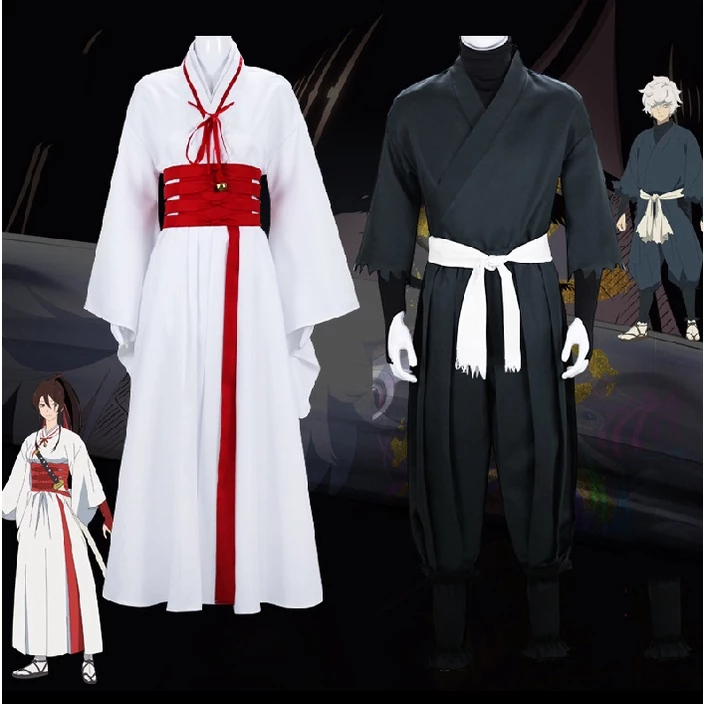 GIẢM
39%
GIẢM
39%
 GIẢM
13%
GIẢM
13%
 GIẢM
21%
GIẢM
21%
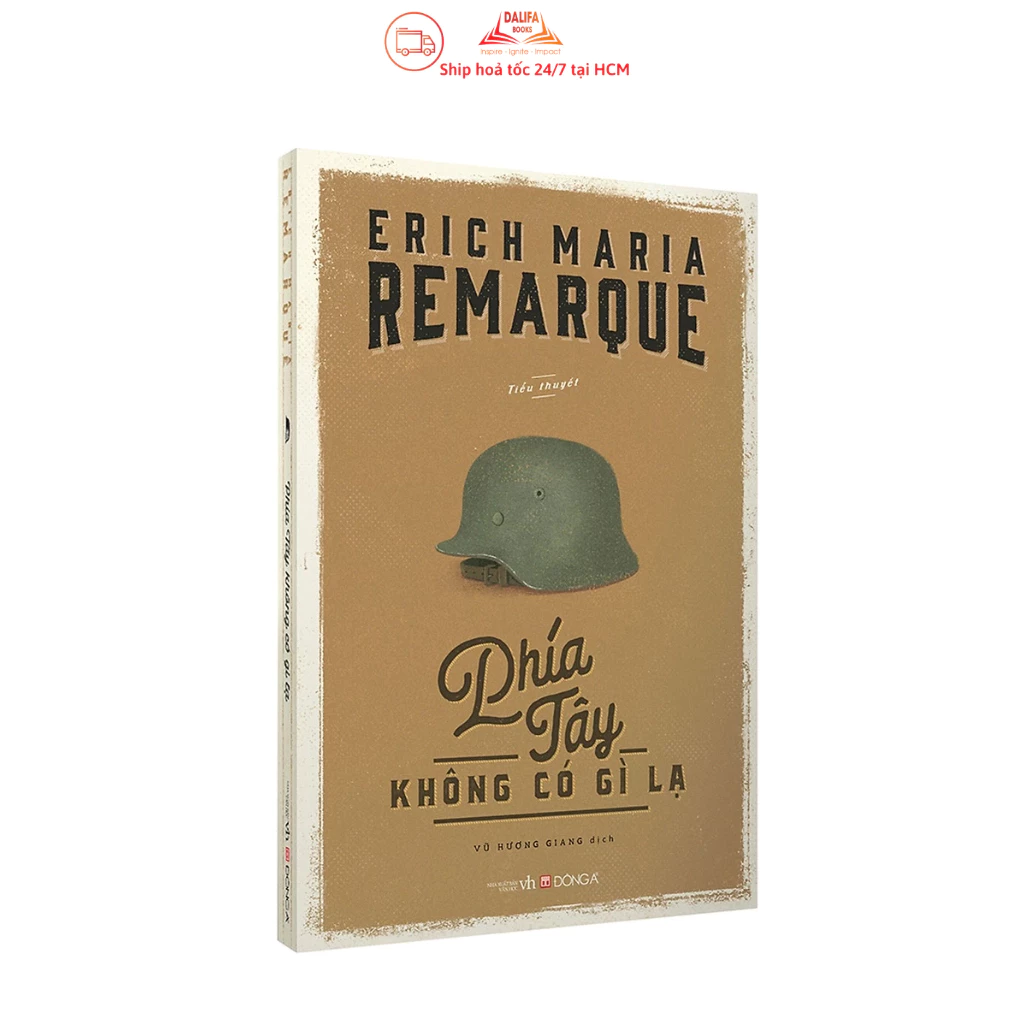 GIẢM
20%
GIẢM
20%
 GIẢM
44%
GIẢM
44%


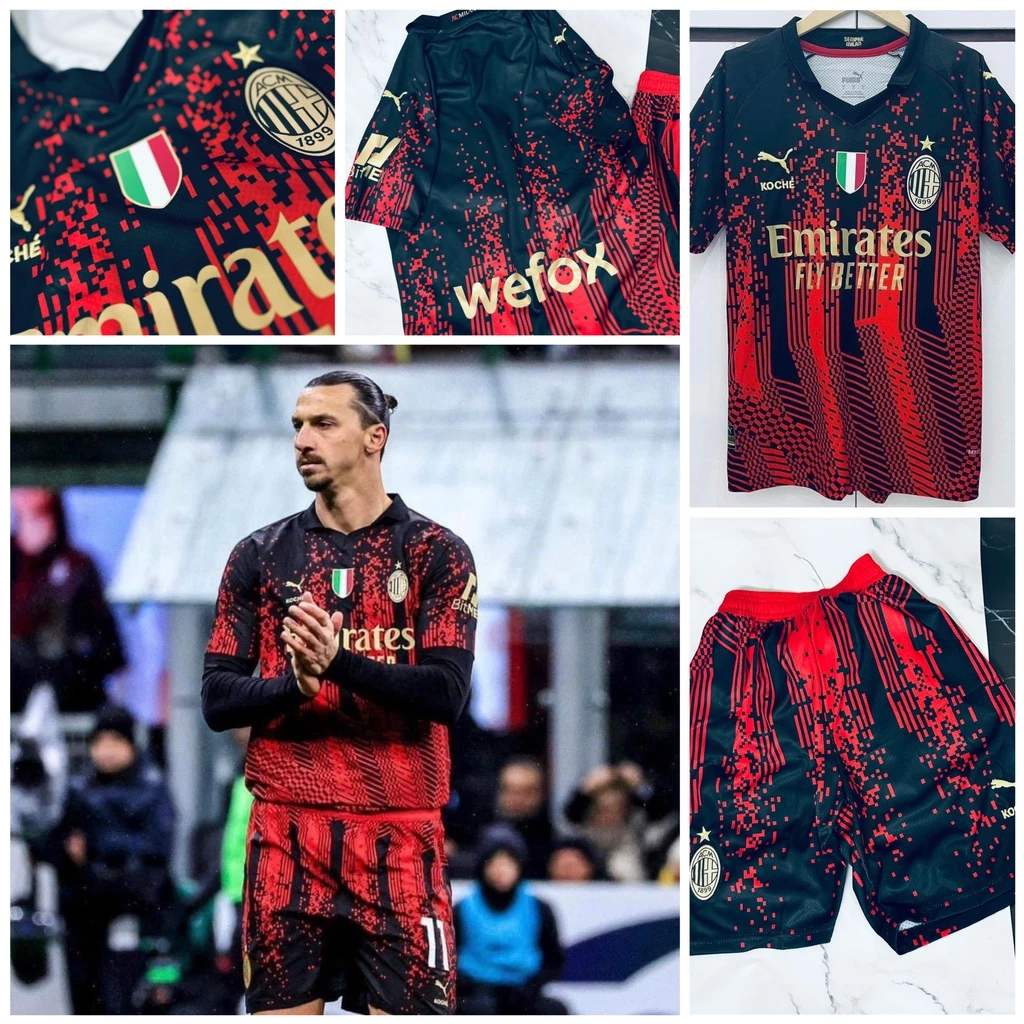
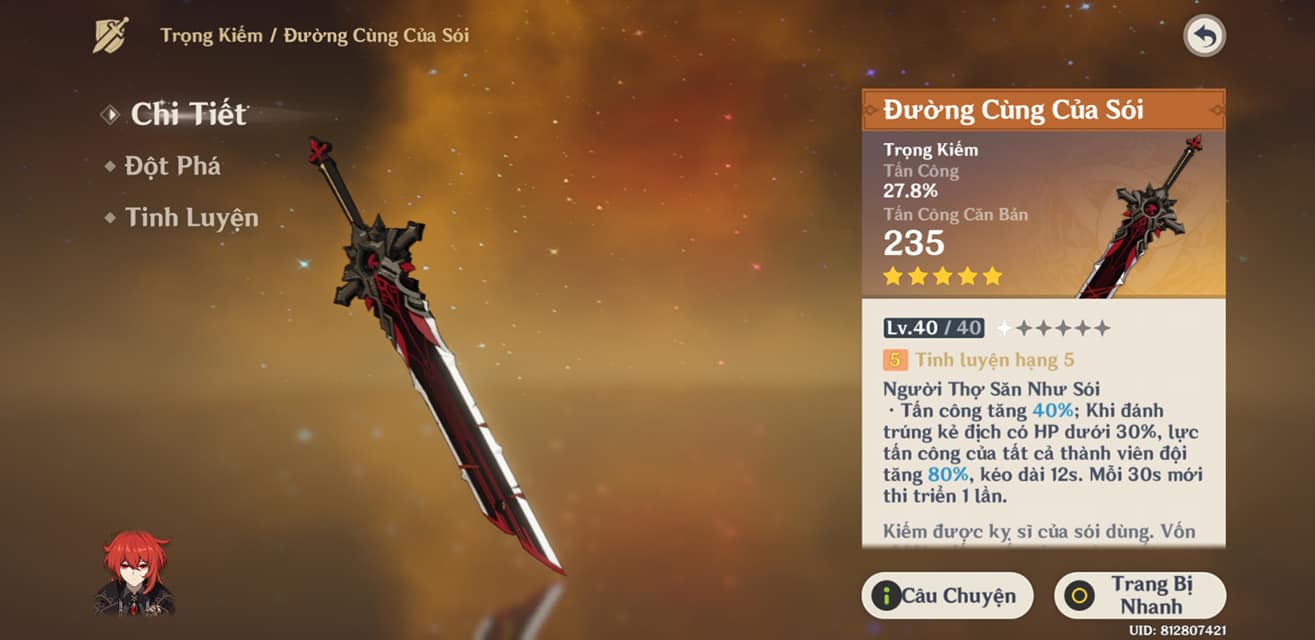
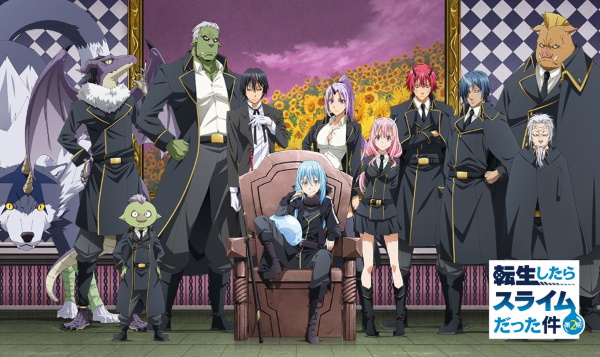
![[Homo Scachorum] Giỏi cờ vua hơn không đồng nghĩa với thông minh hơn](https://images.spiderum.com/sp-images/ee54ff20daa911eebf8b5ffe6a1c5c77.jpeg)
